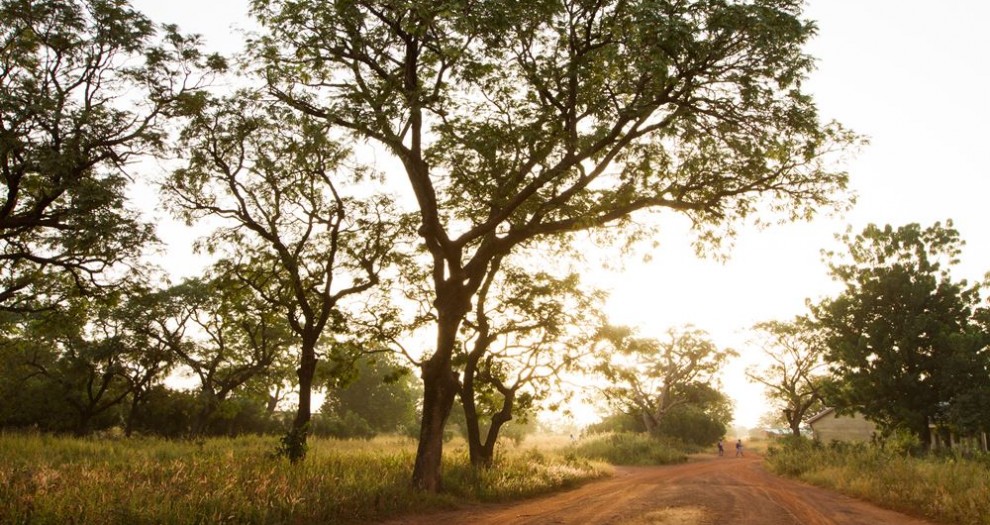Our Strategy

The aim of the Savannah Education Trust is to provide an education for some of Ghana’s poorest children.
Click here to view our organogram (PDF).
Our scope is to:
- Work in rural villages in Upper West Region of Ghana which have little or no access to education.
- Educate every child in each village in which we work – no matter how poor, whether girl or boy, whatever their background, disability or religion.
- Provide an education from the age of 4 to the age of 14 (when the national BECE exam is taken).
Our strategy is to:
- Build and run schools:
- Build and maintain Christian Primary and Junior High Schools in each village in which we work
- Provide resources for each school which are necessary for its effective functioning and which are not provided by government: both physical (e.g. borehole, generator, books) and human (see 3).
- Where possible, work alongside other organisations to ensure the education is suited to the particular needs of the children in this region.
- Feed and support pupils:
- Ensure every child receives a meal each school day in order to maximise attendance and enhance learning.
- Support pupils via schemes such as the provision of nursery schools, which relieve the older children from having to care for their younger siblings.
- Fund, if necessary, schemes such as scholarships, to enable the most able children to continue their studies beyond their basic education.
- Train and motivate teachers:
- Provide teacher training scholarships to local people to ensure a steady flow of qualified teachers more likely to stay in village schools.
- Motivate teachers using schemes such as training workshops, incentives and a quality of infrastructure that enables them to do their jobs well.
- Fostering an inter-school community of Savannah teachers.
We achieve this by:
- Being managed at the local level by local people.
- Working through the local Baptist church, who have ongoing responsibility for the running and maintenance of the schools and set their Christian ethos (see our Christian Policy below).
- Embedding the schools within the Ghana Education Service (GES), who have ongoing responsibility for the provision of teachers, the basic curriculum, teachers wages, basic school resources and inspecting the quality of teaching.
- Working closely with both the tribal leadership and parents, by means of home visits, community meetings, local management committees and regular PTA meetings.
- Focussing on educational provision at the whole-school level, that is, providing the framework and supporting environment within which our partners (such as GES) can provide a quality classroom-level education.
- Structuring the activities in Ghana to ensure that, if funding from Savannah was not available, the schools would continue to provide an education (albeit less effectively and of lower quality).
The role of Savannah UK is to:
- Act as the mouthpiece of the people living in the remote villages of Northern Ghana.
- Provide the means for supporters/donors to give.
- Communicate with supporters/donors through a range of mediums.
- Transfer funds to Ghana in support points 1-3 or our core strategy above.
- Ensure accountability to all stakeholders (particularly supporters/donors) both in the UK and Ghana.
- Shape the overall direction of the charity in partnership with our team in Ghana.
- Engage with our team and the communities, organisations and people with whom we work in order to foster supportive and mutually respectful relationships
- Contribute occasional expert input
